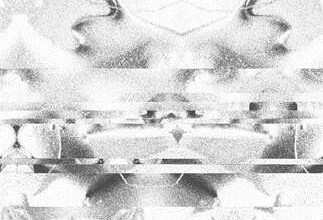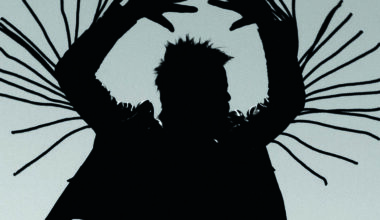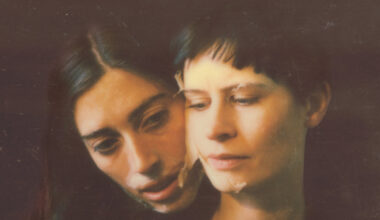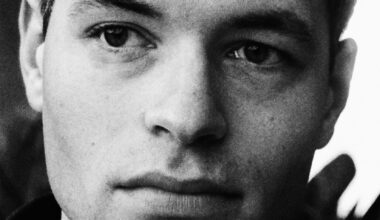Victoria Hesketh takes inspiration from the ‘Working Girl’ film to rail against corporate sexism

“It’s so hard for a working girl,” sings Little Boots, aka Victoria Hesketh, on the title track of her third long-player. This poignant and somewhat self-doubting line comes over a darkly euphoric transaction between the worlds of pop and the dancefloor, with Hesketh sounding like Billie Ray Martin or Alison Goldfrapp at their most evocative. But while this is a pop record, certainly, the sheen and the tone sets it a world apart from throwaway chart-fodder.
The starting point for ‘Working Girl’ comes from Little Boots running her own record label and becoming fixated on strong female role models and most particularly high-flying businesswomen, beginning with Melanie Griffith’s portrayal of Tess McGill in the 1988 film from which Hesketh has borrowed the title for this album. It’s no surprise, when you take genre-defining characters like McGill as your inspiration, that ‘Working Girl’ has a defiant and determined mood.
Stylistically, ‘Working Girl’ etches a line back to the pop music of the late 1980s and early 1990s, sharing the same aura of confidence and control as Madonna or Janet Jackson at that time. The first single from the album, ‘Better In The Morning’, is probably the best Madonna hit Madonna has never recorded. It comes complete with a video that subversively parodies the technology and the yuppie styles of almost 30 years ago.
Even the production on the edgy ‘Heroine’ and the housey ‘Paradise’ links back to that fertile crossover period at the end of the 1980s. ‘The Game’ meanwhile nods squarely in the direction of the relaxed vibe of Soul II Soul, with lyrics about breaking chains yet still having to work within the restrictions of the machine. The similarly business-minded Taylor Swift’s ‘1989’ may have been influenced by the same musical era, but ‘Working Girl’ captures the essence of the crossover dance-pop of that time in a much more qualified and successful way.
On the face of it, this is a bold statement that rails against a male-dominated executive world. But although Hesketh, the newly-installed CEO of her label, is standing up for a greater sense of long-overdue equality on ‘Working Girl’, there’s also a coded sense of reality not quite keeping pace with that ideal of fairness. The relaxed ‘No Pressure’ contains the lyric, “Everything is possible / You just need a miracle”, suggesting you can believe all you want in thinking and aiming big, but it might be for nothing. ‘Help’ visits the same territory, singing about trying to escape a fast-flowing current while being weighed down by pockets full of stones.
These are powerful metaphors for struggle, expertly delivered through the medium of pop songs. The most overt exploration of the theme comes in the hypnotic ‘Business Pleasure’, which leads with fizzing synths indicating the urgent flow of ideas, data and trades. The song takes that corporate feel and fuses it with a depiction of a woman, like Tess McGill, battling to thrive in a cold, aggressive and unsupportive city – such are the challenges of trying to break through the glass ceiling to assert equality. It’s simple and effective. It’s also sadly still accurate.
The other half of the lyric quoted at the start of this review is, “You’ve come so far for a working girl”, and that line sums up ‘Working Girl’ far better than anything a music critic might say. It’s a line rooted in Victoria Hesketh’s persistence and industrious, individualistic attitude to success in a market that usually seeks to mould singers into sellable, uniform pop commodities.





